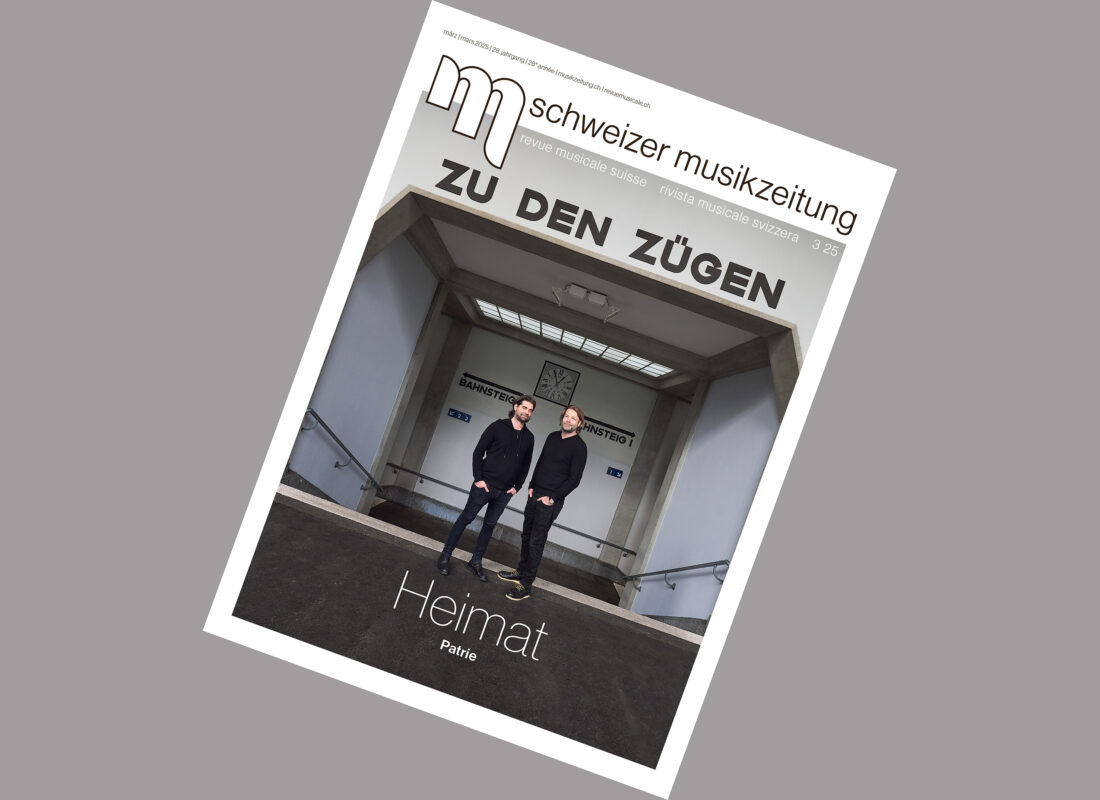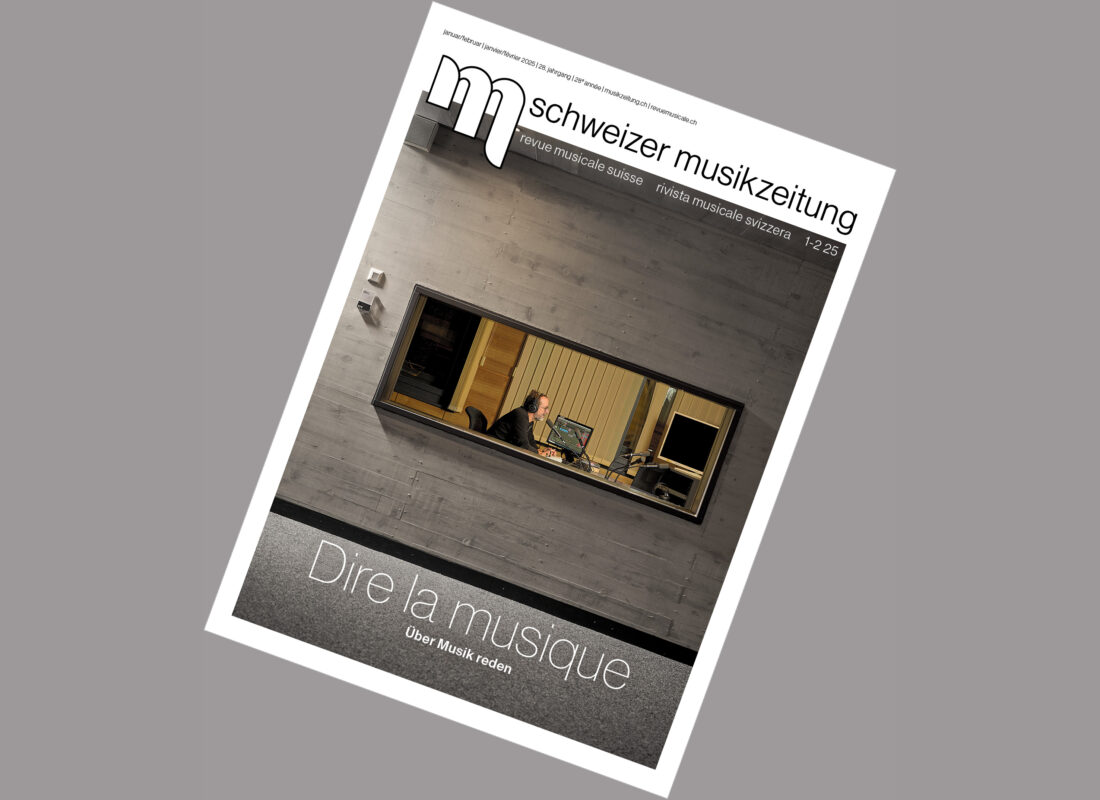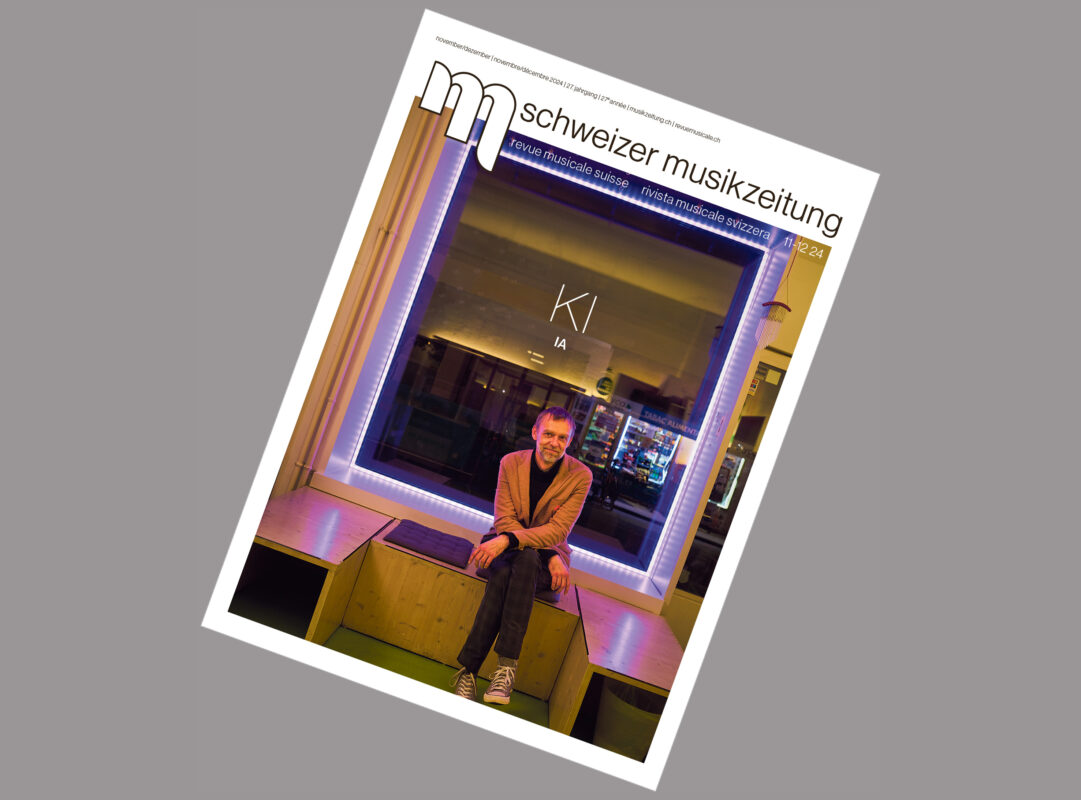Geneva - Paris, twice there, once back
Pierre Wissmer's chamber music and no less than nine symphonies are almost forgotten today. An occasion to review his life between the Rhone and the Seine, between salons and institutions.


Pierre Wissmer's chamber music and no less than nine symphonies are almost forgotten today. An occasion to review his life between the Rhone and the Seine, between salons and institutions.
The son of a doctor and a Russian woman from a wealthy family, Pierre Wissmer attended the conservatory in Geneva, his home town. He played the piano, but was quickly attracted to composition, even if he was disappointed by the old-fashioned academicism of his harmony and counterpoint teacher. With his parents' consent, he traveled to Paris, where he met the Swiss pianist Jacqueline Blancard at the Schola Cantorum. She wanted to prepare the young man for the entrance exam for the Conservatoire national supérieur. However, Wissmer spends the night before the exam at an exuberant party - and fails. He now enrolled at the Schola Cantorum, where he studied piano with Lazare Lévy and counterpoint with Daniel Lesur. During this time, he made the decision to become a composer. He attended Roger Ducasse's lectures at the Conservatoire.
As a handsome young man with an always impeccable appearance, the doors of the better circles were open to him. Through Pierre Guérin, he met Igor Stravinsky, Francis Poulenc, Pierre Bernac, Henri Sauguet, Jean Cocteau, François Mauriac, Hervé Dugardin, Christian Bérard and Leonor Fini, as well as the famous music critic Claude Rostand. Wissmer loves to cause a stir in this society, which is not difficult for him as a racing cyclist, mountaineer and water skier. His chic car, a Delage that is said to have belonged to King Carol II of Romania, adds to his appearance.
Even his early works radiate an exuberant energy. His first piano concerto, written at the age of 22, was premiered by Alexandre Uninsky and the composer himself in a version for piano four hands in Brussels. In 1938, Hermann Scherchen conducts Wissmer's 1st Symphony in Winterthur. The following year, the one-act ballet Le beau dimanchewhich was brought to the stage of the Grand Théâtre de Genève by Ernest Ansermet in 1944. Ansermet became the decisive personality who repeatedly performed Wissmer's operas, ballets and orchestral works in Geneva. Edmond Appia, the conductor of the Geneva Radio Orchestra, also contributed to his fame.
In 1944, Wissmer became a composition teacher at the Conservatoire de Genève and head of the chamber music department at Geneva Radio. His first chamber music works, such as the Sonatina for violin and piano (1946), were also performed there. His great interest was in his contemporaries Ligeti, Messiaen, Dutilleux and Lutoslawski. However, Wissmer left Geneva again in 1951 and was appointed program director of Luxembourg Radio and Television. This post also remained a stopover. In 1957, he returned to the Schola Cantorum in Paris as vice-director and teacher of composition and orchestration. There he replaced Daniel Lesur, who was promoted to director of the Paris Opera. Wissmer now remains in France and takes French citizenship. He also enjoys spending time in Provence. There, in the hamlet of Valcrose, he composes his Concerto Valcrosianoa four-movement orchestral work that was premiered in 1966. Wissmer died in Valcrose in 1992.
Wissmer's music is characterized by an energetic, pointed tonal language. His orchestral works display striking gradations and contrasting timbres. This is particularly evident in the 5th and 6th symphonies (composed in 1969 and 1975-77), which are characterized by the gravity and tragedy of human destiny.
In recent years, the Naxos label and Marcal Classics have released a whole series of new recordings of Wissmer's works, including all nine symphonies, piano and violin concertos, chamber music for guitar and voice and the oratorio Le quatrième mage (The fourth king).
For the anniversary year 2015, a book by Pierrette Germain-David and Jean-Jacques Werner entitled Pierre Wissmer un compositeur du XXème siècle announced.
The PDF of this article can be here can be downloaded.








